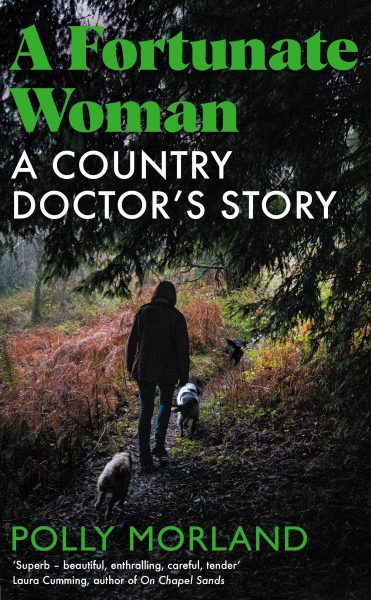Nibsy (e)k Polly Morland(r)en Fortunate Woman liburuaren kritika egin du
Humanity is not lost yet . . .
4 izar
As author Polly Morland was cleaning her mother's library she came across a misplaced book. It was, "A Fortunate Man" (1967) by John Berger, which was about a country doctor who practiced in her own community some five decades before. This book is about the doctor who replaced the Fortunate Man, who herself was inspired to pursue family medicine by the same book when she was a medical student two decades earlier.
This biography is as much about person and place as it is about the transformation of family medicine from the human connections of a country doctor to a monolithic public service focused on efficiencies, fiscal accountability, and key performance indicators. It's a story that mirrors a similar transformation of society at large. As a member of the community she serves, the Fortunate Doctor knows her patients as more than just reporting data, but as human beings, and all …
As author Polly Morland was cleaning her mother's library she came across a misplaced book. It was, "A Fortunate Man" (1967) by John Berger, which was about a country doctor who practiced in her own community some five decades before. This book is about the doctor who replaced the Fortunate Man, who herself was inspired to pursue family medicine by the same book when she was a medical student two decades earlier.
This biography is as much about person and place as it is about the transformation of family medicine from the human connections of a country doctor to a monolithic public service focused on efficiencies, fiscal accountability, and key performance indicators. It's a story that mirrors a similar transformation of society at large. As a member of the community she serves, the Fortunate Doctor knows her patients as more than just reporting data, but as human beings, and all the complexities and baggage that that involves—as did the doctor who served in this place before her.
If you value humanity as more than just efficiencies and performance metrics, then this book will move you. Morland's writing is beautiful at times, and brutal when it needs to be. It's a book that forces you to reflect on your own interpersonal connections and question if society's trajectory affords us a reasonable chance to meet the challenges of the future. When that challenge is healthcare, one British country valley lights the way.

